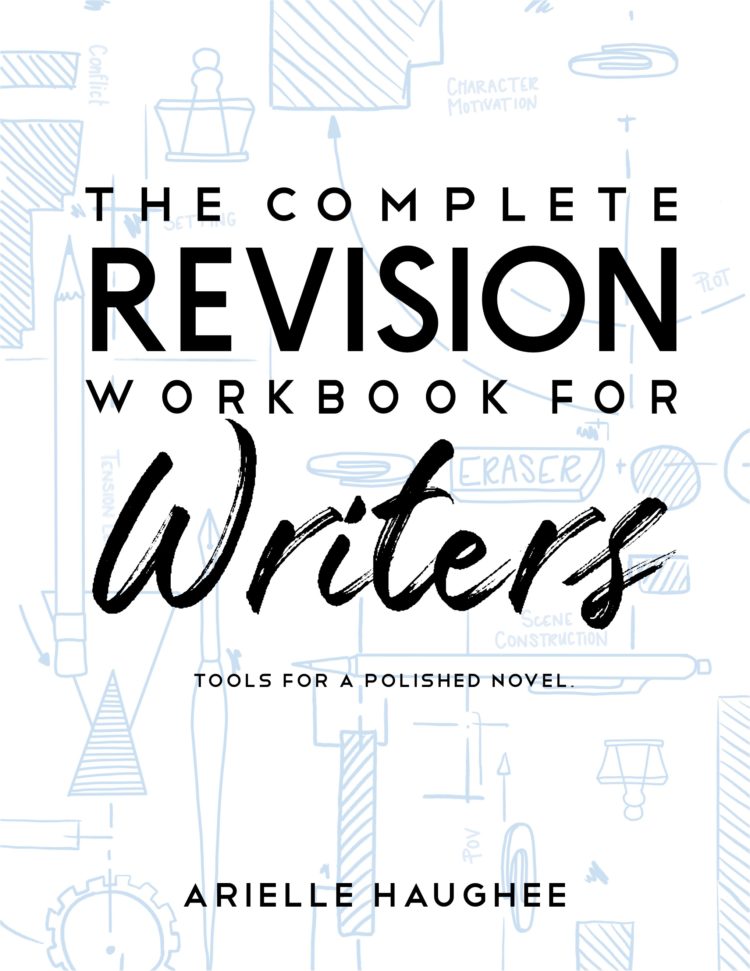|
You had a plan. Marked it on your calendar and everything. You’d sit down to write at these times on these days. Then you got sick. Then Aunt Marci came to visit. Then there was the whole fiasco with your car and the maple syrup. In other words, life got in the way, as it always does. One of the most important factors to developing a writing routine you’ll actually stick to is adaptability—your ability to adjust whenever life happens and keep on with your goal. It would be great if we could sit down in our favorite spot everyday, completely uninterrupted and focused on our writing. But that’s just not reality. You’re going to get sick and have visitors and schedule changes and all kinds of chaos thrown your way. The real question is, what are you going to do about it? You know you want to achieve your goal of finishing your draft or revising your book or whatever it is. Here are five strategies for utilizing adaptability to stay the course. Strategy One: Don’t Beat Yourself Up The first thing you need to do is actually something *not* to do: Don’t beat yourself up. It happens to all of us. We all get sidetracked from time to time. In fact, you should probably expect it. Something is going to pull you off course and you'll have the challenge of fighting with yourself to get back into your routine. Know what doesn’t help? Telling yourself you failed or that you can’t do it or that you can never achieve your goal. Negative talk does not put words on the page. Negative talk does not finish the book. It only holds you back. Use your disappointment to motivate you to get back to work. Strategy Two: Get Back on Your Routine ASAP It’s okay to have a bad day or week or month or several. As soon as you are able, hop back on your routine. You’ll feel better and have more output. Don’t use life’s potholes as an excuse to be lazy about your routine. Got a stomach bug and had to take a week off? Rest during that week and feel better. Return to your writing next week but don’t let one week off turn into four. Remember you want to achieve your goal and the longer you aren’t writing/revising/other, the longer and less likely it will be for you to finish. Strategy Three: Recognize When Your Plan Isn’t Working It’s one thing to have an illness bump you off track, it’s a whole other thing to create a routine you can’t possibly stick to in the first place. Writers want to Get.It.Done. We also get incredibly excited about new ideas and can be very driven...in the beginning. But writing or revising an entire manuscript takes more than just the beginning, it takes months and sometimes years of work. Focused, sustained work. Creating a “writing routine” where you write eight hours a day everyday or have a 20,000 words per week limit aren’t sustainable in the long run. Trying to keep up with high-maintenance routines leads to burnout and likely to project abandonment. Be realistic with yourself and what you can do in your schedule. You want to strive to make progress, but in doses you can manage. I have a writer friend who gave herself a 400-word-a-day minimum because she knew that was something she could do with her schedule and would be able to stick to. She did it everyday for an entire year! Be honest with yourself about your routine. If you keep not making your weekly goals, maybe it’s time adjust your expectations of yourself. You’ll be happier overall if you remove the pressure to produce, produce, produce and enjoy the process. You want this to be a routine that flows naturally into your life, not something you constantly struggle to accomplish. Strategy Four: Be Willing to Experiment A key component to adaptability is trying different ways to follow through with your routine. It would be great if we could block off two hours at the same time every single day to write but that doesn’t work out for most people. So if you made a goal like my writer friend of 400 words per day, you may have to experiment with writing at different times. Don’t tell yourself, “I can’t write in the mornings.” That’s an excuse. You can write any time. When my kids were very little I was always exhausted at the end of the day from chasing them around. I tried to say I couldn’t write at night. Well when I stuck to that excuse, guess what happened? You know it—I didn’t write at all. I tried getting up at five in the morning but someone always got up early and I lost that time. There was no other option. I decided to try out doing thirty minutes a night, just thirty minutes. I could do that. Once I got started, often I ended up writing longer because I got into the story. Be willing to try things out and give it a good two weeks of effort. You might surprise yourself. Strategy Five: Squeeze in Time Whenever You Can Five minutes here and there can really add up. Use apps on your phone to write-as-you-go. I personally prefer the Google Docs app so I can work directly on my story. One story that ended up being a contest winner I wrote on my phone in a doctor’s office waiting room. I’ve also been spotted with a notebook on the stationary bike at the gym and using talk-to-text while pushing a stroller through the park. When you find you have a few minutes, stop yourself from playing on social media or whatever else you do during that time and add a few lines to your story. If you do this twice a day, that’s over an hour of work you’ve squeezed into your week. Adaptability is an essential part of sticking to your goals long term. This is especially true if you have kids or a demanding day job. Keep making progress, however you can, and your goals will be met!
0 Comments
Leave a Reply. |
AuthorArielle Haughee is the owner and founder of Orange Blossom Publishing. Categories
All
|
Proudly powered by Weebly



 RSS Feed
RSS Feed